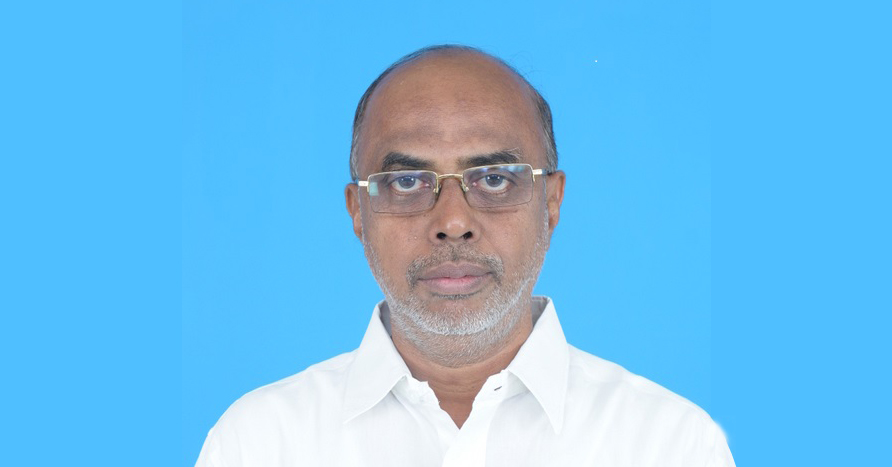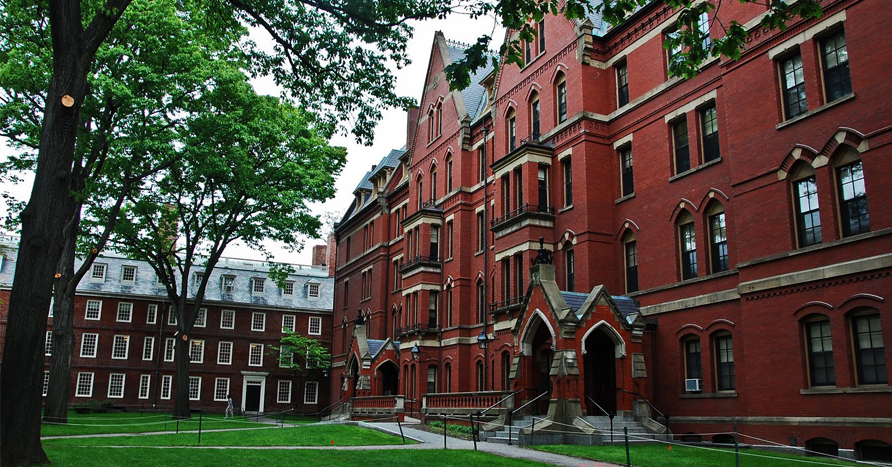Centenary of Justice party(1916-2012
90th Year of Self Respect Movement(1925-2015)
In this country where history and biography do not seem to be very important in the eyes of the people, the greatness of a towering personality of thought and action like the Raja Bobbili had not been so far shown the appreciation that it widely merited.
The Raja of Bobbili, Ramakrishna Ranga Rao was born on February 20, 1901 in a Princely family precocious and purposeful grew up to fulfill the great expectation of his admirers. As a youth, he grew up on model lines, always devoted to thought, to shape him for the future, to bear the burdens of life and fulfill the duties that he was called upon to perform by the people. As a Politician, the richness of his political wisdom enthralled those who were close to him but his role in politics had been short, and it might as well be side in the Poet’s lines that “one crowded hour of glorious life, is worth an age without a name”! Though he started as a Politician of great potentialities, he ended up as a Statesman extraordinary. Said Sir Houpton Stokes, Finance Member of the Madras Cabinet, during the Raja’s Chief Minister ship days: “My respect and admiration for the character and personality of the Rajasaheb with whom I am now privileged for some years to work as a colleague in Government is very high indeed”. Sir M.Krishana Nair who was Law Member in the earlier part of the Raja in office once said, that with “excellent business habits and methods, he took time to decide any matter, but once decided a thing, was firm with it to very last”.
Once he played his historical role in public life which he was called upon by the people, the Raja retired with the satisfaction of having done his duty. Like so many politicians in South India, he did not want to prolong his days in the public arena for more acclaim. That is because the Raja in his public life had everything to give the people, and nothing he had to take from them. The hymns of praise, the public Addresses, and perfumed rose garlands he got, were his only rewards for his significant services! It is such a selfless life that he had as he wielded power which came to him unsought, and when it went out of his hands, he had no regrets either! In this respect, the Raja is like Stanley Baldwin, the Tory Prime Minister of England, a man of high character and dignity in politics, who today lives in absolute anonymity, having been historical in office when people demanded of him to serve the nation. “It is time my name ceased to fill the world”, cried Victor Hugo with evident detachment, and the Raja thought similarly when his public services were over.
In what all he did, he was frank and fearless and footed the responsibility for his action with a clear conscience.Every inch a democrat, he viewed question from the people’s stand point, not his own, in every case. Why should a land holder, much against his own interests, attempt to pass the Inams Bill, if not for his ardent love to do justice to the suffering cultivator? Again, when E.V. Ramaswamy Naicker, on retiring from his visit to Russia in 1932 presented a Socialist Programme to the Raja, why did he, with all the grace, welcome it? Naicker’s Plan was “nationalization of all public utility and major industries and re-distribution of land on equitable basis,” and religion kept aside in the affairs of the State. When the Raja agreed with Naicker, Satyamurthi cried out vociferously that the Justice Party and the Raja had turned Communist! Yet; the Congress Party in office, after Independence, is now attempting all that Naicker wanted in the name of a Socialistic pattern of Society, including the State to be secular in character. Prophets are not heard in their own times, but when their prophecies become true, sometime, they are thought of in esteem.
The Raja carried on his four crowded years of office with a courage which no ordinary mortal could have possessed at least in South India. He found everywhere opposition to him, not rhyme or reason, but out of blind prejudice that he was an aristocrat by birth! No judicious examination of the man’s there had been! When he started Indianization in Government services, the European I. C. S. men rose against him. When he wanted to do justice to the cultivating class, the landed aristocracy opposed him. Within his own Party, disgruntled elements were always secretly trying to disown him. The Press and the Platform hurled criticisms against him continuously for the sake of make-believe political opposition is to only somehow oppose! Amidst such vexing circumstances, no ordinary man would have remained in office and worked on, but it is a singular instance by itself that the Raja had the courage to out face these the strongest man was he who stood alone, and the Raja is truly a strong man of his times. He ploughed a lonely furrow to a definite objective, which he certainly accomplished in the end, though he had to put up with hard times in the process.
When one looked at the bitter all-round opposition the Raja had when he held office, the tribute of the Lord Mayor of London to Sir Winston Churchill at the opening of the latter’s statue in August 1955, could well have been paid to this Indian Statesman also.
“To endure is greater than to dare; to tire out hostile fortune, to be daunted by no difficulty, to keep heart when all have lost it, to go through intrigue spotless, to forego even ambition when the end is gained, who can say this not greatness?”
In the Secretariat, he was admirable as an administrator. He was all too kind to the subordinates and would never lose temper even on the face of worst provocation. The most he would say in irritation to any Government staff would be, “You don’t seem to know!” A believer in hard work as his mission in life, he not only worked till late hours with files in office, but took them on tours and went through them in his railway saloon. And he had always the facts on his finger tips. For instance, he even knew the correct height of every water-fall in the Madras Presidency! Once when Satyamurthy quoted wrong statistics in the Legislative Council, the Raja corrected him. Flaring up, the Congressman said that he had the figures from the Blue Books published by the Government. The Raja persisted by the figures were wrong. Finally, it was found that Satyamurthy’s typist had erred in supplying the figures! So cocksure was the Raja of anything that he said
The one significant feature of his Chief Minister ship is that the Government issued no ordinance or repressive law, choking people’s liberties. Said Justice Brandes of the U.S. Supreme Court:
“The right to be left alone by Government is the most comprehensive of rights and the most valued by civilized men.”
In the legislature, the Raja was seen an able extempore speaker, and in his speeches, he never minced words. He always told his hearers what he or his Government could do or not. He developed a personality which easily subdued fellowmen and in retort, he was powerful that he impressed one writer of those days as having made “C.R. Reddy who usually roared like a lion to like a cat.”
The Raja has always been a serious individual, in the main. Though he had an appreciation for humour, he was not very much humorous himself. At an evening Party he attended in Madras, a man tried to flatter the Raja with a pompous remark:
“Sir, you are the first person worth talking to, I meet here”.
The cool reply then was:
“You are more fortunate than I am”!
And, no man the Raja counted in the world as his enemy. Since the Raja was free from politics in the closing years of the 1930s, he went into Business. Some of his enterprises were successful, but some had been miserable failures. If they failed, he alone was responsible for it. Burdened with over work, he could never give his personal attention to many of his business creations. Then, some of the men he had trusted also turned unworthy, letting him down badly. In all that, he had lost heavily too. The Raja who was the successful administrator of a big State like Madras, would not manage his own personal Business affairs all too well in some cases, not for want of brains, but for time and the interest he should have normally bestowed on them.
In money matters, he had his cherished principles. He would give a way thousands to causes and people with a free will, but if he loaned five rupees to any, he would get it back at all costs! Once, a servant whom he authorized to buy a shirt for himself bought two instead. The fellow was asked to surrender it! The cost of the extra apparel was deducted from his wages.
The Raja believed in simplicity of living. He eschewed pomp and show, unlike most aristocrats in South India. In the matter of religion, he was never too ardent. “He is neither too religious nor totally indifferent”, an Uncle of his once gave out.
The Raja is blessed with a happy family. His wife,the Rani Saheba Sri Lakshmi Subadrayamma is a gifted personality.There are his children, the first being Princess Indira Devi, a daughter. Next is his only son the Kumararaja Gopal Krishna Ranga Rao Bahadhur who is now associated with Father in business. The third child is Princess Lavanya Devi, now (1960) in her teens, and yet to be married.
Long ago, when a friend told him that he was being thought of for a Governorship in Independent – India, he merely shed a soft smile. A Governor in modern India has neither adequate money, nor power to do anything, and in such a setting, the Raja is never the man to prefer such an office. To him public office had never been a seat of mere power, but only an opportunity to serve fellow beings. Sir Archibald Nye, a former Governor of Madras once said that in South India, there was need for first class brains in Politics. But then, the pity of it all is, some of the brains of that description now happened to be rusting in the background of affairs, since Party prejudices weigh more with the Congress Rulers of the land than utilizing them for good of the nation.
The Raja of Bobbili is a Titan of our times, the type of which we do not find in this or any other country, quite often. Genius and Character both conspired together to make this Superman, who having done his duty in life is now content to live his life in calmness, with a clean conscience. Politically, he might be forgotten, but how could any one who had known him in all the admirable aspect of his marvellous life? Indeed, he in their eyes continues to shine as an out sized diamond of great worth in this trumpery world!
Source: Bobbili – A Biography by Nilkan Perumal
– First Edition 1960
From the Archive of Periyar Rationalist
Library & Research Centre, Chennai
…… when
E.V. Ramaswamy Naicker, on returning from his visit to Russia in 1932 presented a Socialist Programme to the Raja, why did he, with all the grace, welcome it? Naicker’s Plan was “nationalization of all public utility and major industries and re-distribution of land on equitable basis,” and religion kept aside in the affairs of the State. When the Raja agreed with Naicker, Satyamurthi cried out vociferously that the Justice Party and the Raja had turned Communist! Yet; the Congress Party in office, after Independence, is now attempting all that Naicker wanted in the name of a Socialistic pattern of Society, including the State to be secular in character.






